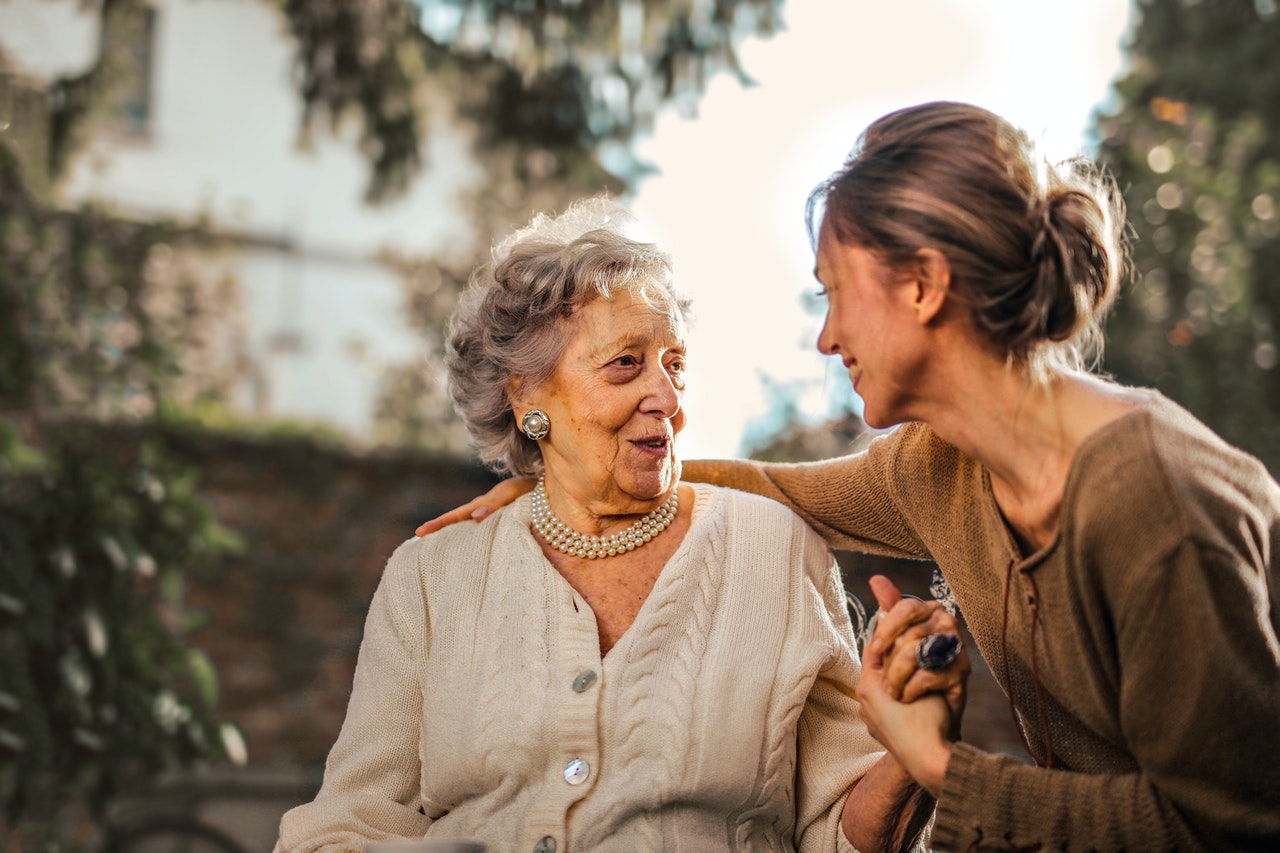Let’s face it: caregiving can be really stressful. No matter how hard we try to provide the care and needs of the elderly at home, there will be times when we reach a certain limit. In fact, most families turn to respite in-home care services when they want to take a break from the everyday challenges of caregiving.
The challenges of caring for older adults come with many factors. Not only is it financially demanding, but it can also interfere with your life outside at home. Since caregiving involves plenty of preparations, from food, physical exercise, and hygiene, it will certainly suck up most of your free time. The worse part is when it becomes physically and emotionally exhausting. It can give you a feeling of loneliness and guilt when you can no longer meet the needs of a loved one.
Seniors greatly rely on personal care for their safety, comfort, and better quality of life. But to give them the care they need, you might need help through personal care services or a professional caregiver. If you are unsure whether to hire one, this article will discuss everything you should know before hiring a caregiver.
Overcoming caregiving guilt
Of course, we always want the best for our aging parents or spouses. But if you have been neglecting your health and wellbeing, your loved one will suffer as well. When you notice you cannot provide the assistance they need, it is better to hand over the task to a professional caregiver to come in and help with the daily living activities of your loved one.
There are cases when family members get eaten by guilt when asking for caregiving help. They felt as if they are letting a loved one down by passing the responsibility to other people. Also, most seniors resist the idea of hiring a caregiver. This is often caused by feelings of embarrassment and unease. But you can remedy this by having an open conversation with your loved one to get past those negative feelings.
If you hire someone to do basic caregiving and household tasks, this means you can focus more on having quality time with them while making memories together.

When does caregiving become necessary?
Before we discuss the reasons for hiring a caregiver, it is vital to know the kinds of elderly care services. The first type is personal care. This involves all-inclusive caregiving duties, where the caregiver assists in daily living activities, such as bathing, dressing, and grooming. Meanwhile, companion care covers traditional caregiving services, such as running errands, doing light housekeeping, and preparing meals.
One reason for hiring a caregiver is when your loved one can no longer do basic activities by themselves because of several health reasons. If they have been struggling with personal activities, such as bathing and dressing, it is better to seek help. But before doing this, you might want to discuss the benefits they will reap through personal caregiving.
Fear for health and personal safety is another reason that requires professional caregiving. As their health declines, seniors begin to have unwanted fears. These include increased dangers of falling, limited mobility, and chronic physical illness, such as respiratory disease, diabetes, arthritis, and more. But physical difficulties that come with age don’t happen at once. They often emerge gradually over a few months or years. Before these signs develop, it is better to seek advanced care.
Forms of in-home caregiving
If you find yourself confused about whether a loved one needs professional caregiving, it is better to consult a care provider. A consultation doesn’t involve any risk, so take this opportunity to understand the process of hiring a professional caregiver, the benefits, and the basic framework of caregiving.
Professional caregiving includes many varieties. Home care helpers or aids provide help related to non-medical needs such as personal hygiene, housekeeping, bathing preparations, and meals. Meanwhile, you can count on certified nursing assistants for intensive health care and medical needs, such as tracking blood sugar, tending for wounds, and providing medications or injections.
Although in-home care is a valuable form of caregiving, it also comes with higher costs. But if your loved one has retirement savings, use them to invest in personal care for efficient use of money.
But if you cannot afford health aides, there are still plenty of alternatives available. Check if the nearby grocery offers deliveries or pay a willing neighbor to help you with the chores. As much as possible, look for ways to outsource household tasks, so you can have plenty of time to spend with your loved one.
There is nothing wrong with seeking help from caregivers, especially when caregiving itself becomes overwhelming. There is no need to feel guilty when you want to have more time for yourself or your family. Keep in mind that it is challenging to take care of a loved one when you are not in good shape.